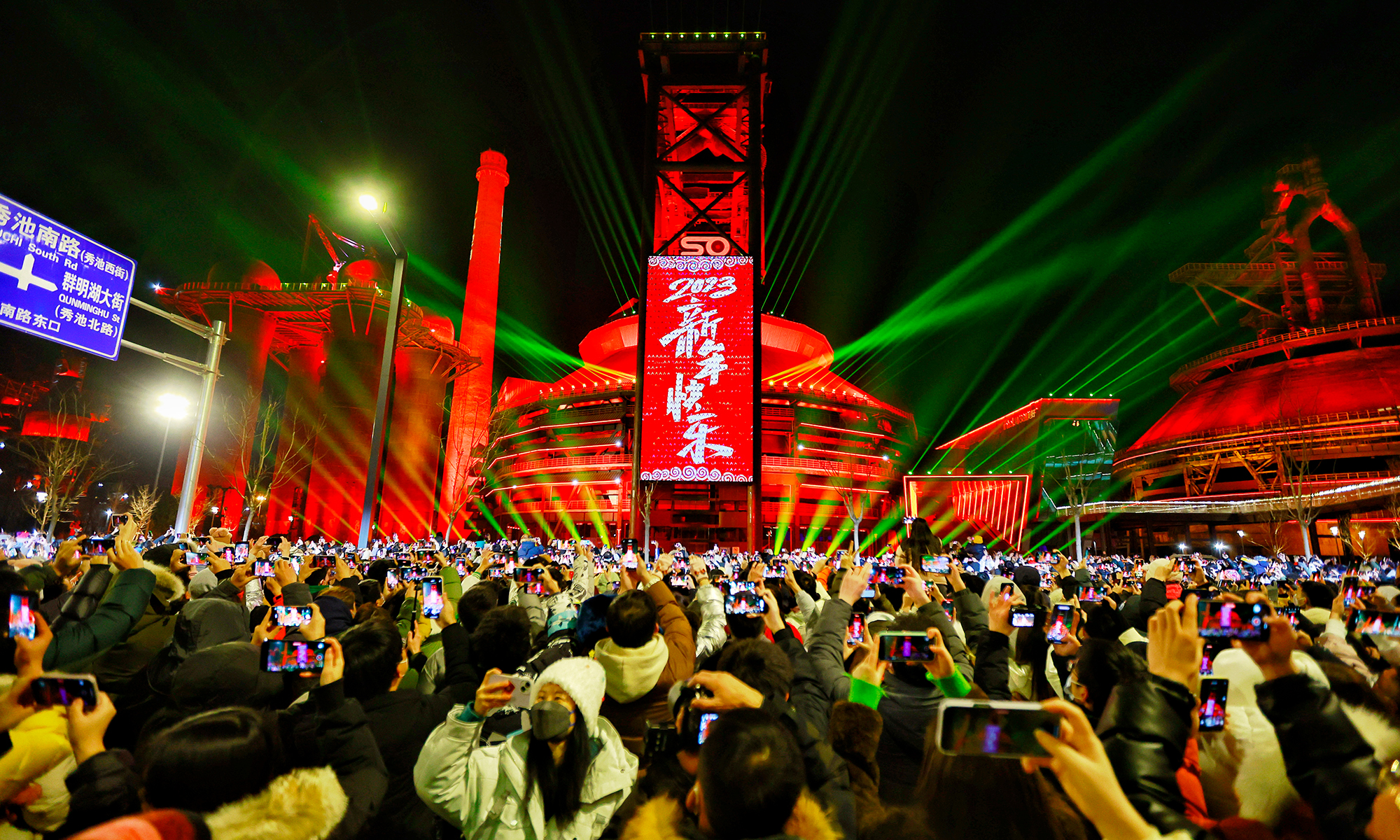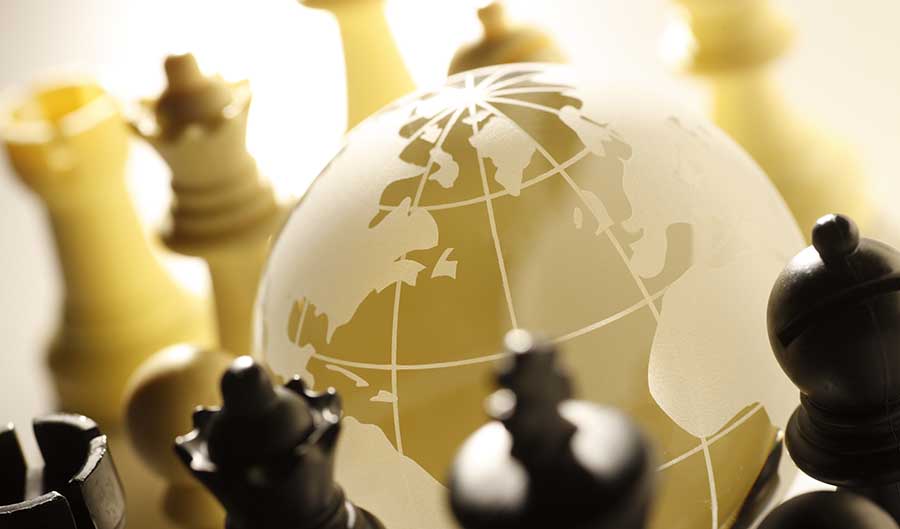
Dan Steinbock, Founder, Difference Group
Feb 06, 2023
The U.S./NATO-led proxy war in Ukraine is aimed against Russia, and is not for the good of Ukraine. It is an unwarranted war that could penalize global economic prospects for years to come, and any escalation will only make a terrifying status quo far worse.
Xiao Bin, Deputy Secretary-general, Center for Shanghai Cooperation Organization Studies, Chinese Association of Social Sciences
Feb 01, 2023
Russia’s irrational struggle has accelerated a process in which nearby countries are induced to turn against it. Making war is a costly way of fighting. Our country needs to learn how to win without fighting through the use of soft methods.

It is the mission of the think tank to stay on high alert against potential risks and explore possible solutions to challenges. The international system is currently undergoing the most dramatic changes since the end of the Cold War. The peaceful and open international environment, which has been taken for granted over the last four decades, is now overshadowed by formidable challenges. In this context, it is the think tank’s responsibility to explore and identify external security risks that might pose threats to China in the months and years ahead.
Zhong Yin, Research Professor, Research Institute of Global Chinese and Area Studies, Beijing Language and Culture University
Jan 19, 2023
The United States, sees strategic parallels between the situations in Ukraine and Taiwan. It thinks lessons learned from Ukraine may serve as a model for dealing with China on Taiwan. But the differences are significant. To “Ukrainize” Taiwan is to provoke war rather than foster peace.
Leonardo Dinic, Expert in Geopolitics and International Business, the Future of Work, and Emerging Technologies
Jan 19, 2023
The occupation of Ukraine by hostile Russian forces was one of the primary global focuses last year. The great powers entangled in the conflict touch almost every region of the international community and have pushed Russia and China closer together.

Wu Xinbo, Director of the Center for American Studies, Fudan University
Jan 12, 2023
The United States lacks the strength and influence to simultaneously contain both China and Russia. As with the Iraq and Afghanistan wars, its policies will place it in strategic overdraft and lead to more strategic errors.
Doug Bandow, Senior Fellow, Cato Institute
Jan 11, 2023
The thought of full-blown war with China has become mainstream in the aftermath of Russia’s Ukraine invasion. A potent mix of simmering animosity and economic concerns have created a heated climate that both sides need to take a step back from before the U.S. or China falls victim to the intoxicating pull of escalation.
Xiao Bin, Deputy Secretary-general, Center for Shanghai Cooperation Organization Studies, Chinese Association of Social Sciences
Dec 28, 2022
It is clear that China has little chance of changing Russia’s hard-line position in its war with Ukraine. Nor can it solve the “Russia problem” in the West. It can only act as it sees fit to safeguard the interests of the Chinese people.
Leonardo Dinic, Expert in Geopolitics and International Business, the Future of Work, and Emerging Technologies
Dec 22, 2022
As the U.S. seeks to advance its position and strengthen the U.S. dollar global dominance, it is also facing challenges and an anti-hegemonic sentiment from other states. Events such as the war in Ukraine, tensions between the U.S., Russia, and China, as well as new strategic partnerships developed between China and Europe, Latin America, and Africa, are driving forces in the shift of balance of power to non-Western nations.
Leonardo Dinic, Expert in Geopolitics and International Business, the Future of Work, and Emerging Technologies
Dec 14, 2022
This year’s G20 summit was haunted by the war in Ukraine, changing the complexion of nearly all interactions at the meeting. A sober assessment of the situation between Taiwan and China leaves much room for speculation about how an escalated conflict there might affect the world’s powers at large.
Back to Top

- China-US Focus builds trust and understanding between the U.S. and China through open dialogue among thought leaders.
- Our Offerings
- Topics
- Videos
- Podcasts
- Columnists
- Research Reports
- Focus Digest
- Stay Connected
-
Thanks for signing up!
- Get the latest stories from China-US Focus weekly.